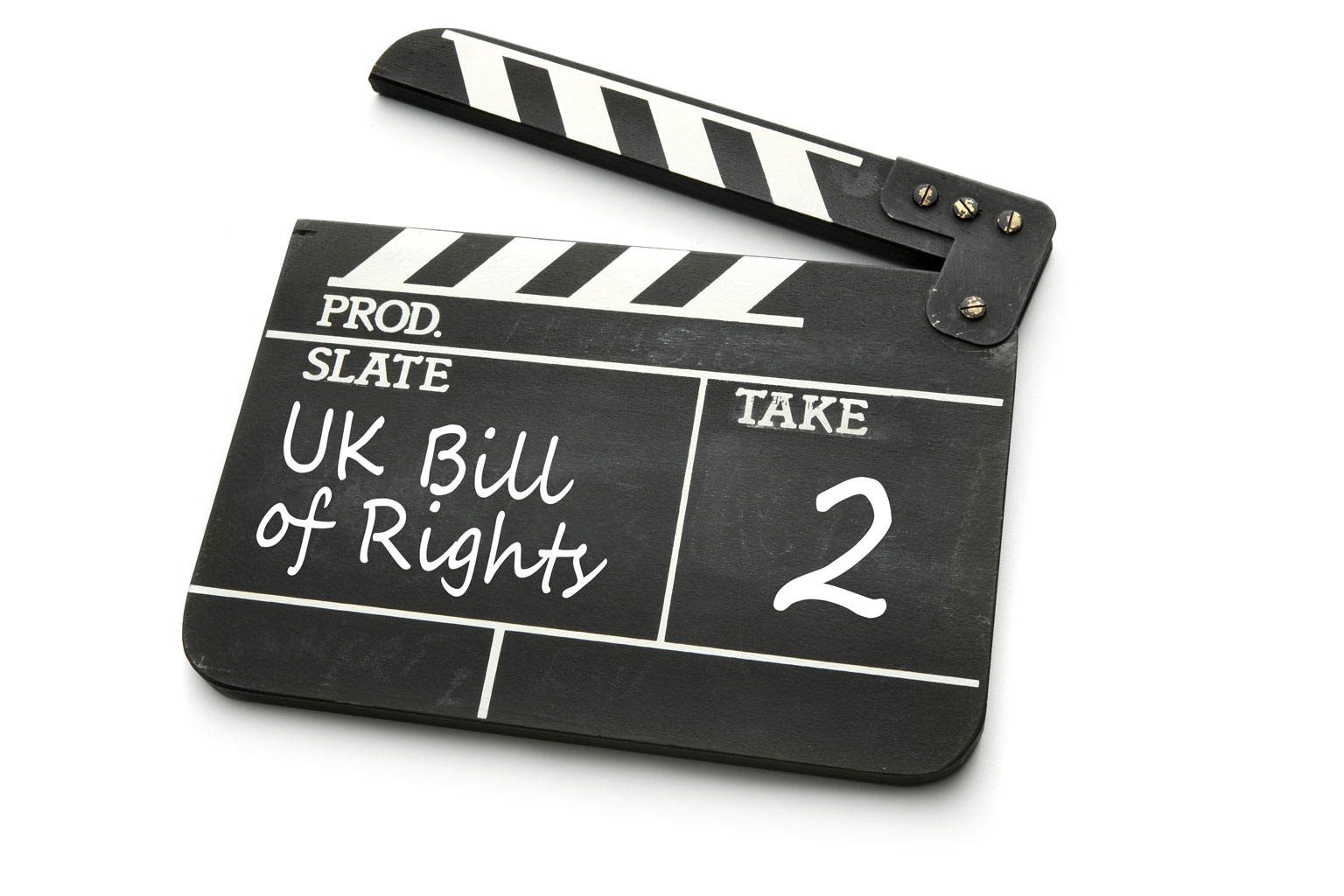
Michael Zander QC considers whether the UK Bill of Rights will ever happen
Whether the government’s plans for a proposed British Bill of Rights will ever come to fruition will obviously depend first on whether it has the votes in the Commons. With the serried ranks of opposition MPs and an uncertain number of dissident Tory MPs opposed to the plans, a Commons majority may be difficult to achieve.
It looks anyway as if the issue will not be put to the test at least for another year or two. In the meanwhile, the Lord Chancellor, Michael Gove, will presumably be working to come up with a Bill that has a hope of achieving that Commons majority.
Brazenly titled
In October 2014 the Conservative Party published, Proposals for Changing Britain’s Human Rights Law , brazenly titled Protecting Human Rights in the UK. Listing “the key objectives of our new Bill”, the first was “Repeal Labour’s Human Rights Act”.
The second listed key objective was: “Put the text





.tmb-mov69x69.jpg?sfvrsn=961ae4db_1)
95ca96e3d47f4eff8d147c4f0df17c77.tmb-mov69x69.png?sfvrsn=3db5d86b_1)

